
Crisis Management Simulation (CMS)
Overview
CMS is a multi-sensory extended reality (MSXR) medical triage training system enhanced with physical, interactable hardware.
Background
Crisis Management Simulation (CMS) is a multi-sensory XR training system that aims to educate medical trainees on the triage procedure in a fully guided, virtual environment, in which he interacts with a physical manikin that is represented in a one-to-one precise mapping in virtual space.
Key Problem(s)
CMS aims to solve 2 key problems:
- Alleviate the immense resource requirements for a real life mass casualty disaster drill
- Overcome limitations in traditional VR training simulations
A mass casualty disaster drill to equip medical students with relevant skills takes up extensive amounts of resources in terms of costs, time, manpower and other logistics. As it requires a large physical space, months of planning and coordination is required to minimise inconvenience to the public. This makes the holding of a live drill rare, which makes it difficult for medical students to have practical experience with such an event.
Virtual Reality (VR) simulations have primarily been experienced via our visual and auditory sense, which does a remarkable job of transporting the user to a virtual world, however, the other senses, most notably the sense of touch, have been ostensibly absent. Users, however, are inclined to physically interact with items they see in the virtual world, but are unable to, thereby creating a disconnect.
Furthermore, due to extended strain on the visual and auditory senses in VR simulations, many users find that they are unable to use VR simulations for more than 15 minutes without fatigue setting in, resulting in general discomfort or motion sickness.
Objective
The objective of the project is two pronged:
- To design a cost-effective and reusable solution for medical students to learn the process of triage,
- To overcome the limitations VR training simulations through a combination of multi-sensorial physical embodiments (to create a sense of completeness in realism), and full body movement interactions (for muscle memory training).
Solution
Crisis Management Simulation (CMS) enhances the traditional VR learning experience with multi-sensory hardware attachments to create a hyper-realistic simulated environment where learners can use other senses on top of sight and sound. This simulation pushes the boundaries of realism in simulations, and is the first of many into a foray of hardware enhanced simulations that work seamlessly with the software for optimal knowledge retention.
The project aims to use physical embodiments to recreate the tactile feel of their digital twin in physical space, to provide an added dimension for hyper-realism in training. This is made possible by enhancing a commercially available medical manikin with proprietary sensory hardware that can respond in a smart fashion to users' interactions on the manikin.
The manikin works in tandem with the virtual reality simulation, sending and receiving inputs in both directions. This allows the manikin to change casualty vital signs (such as pulse haptics) via the simulation, and allows the manikin to provide sensory and interaction feedback to the simulation so actions done on the manikin can be accurately reflected in virtual space.
CMS requires the user to move their entire bodies, and mimic triage actions rather than simply pushing buttons, which most VR simulations do. This allows the user to better retain the knowledge learnt as it adds a layer of muscle memory training alongside cognitive understanding.
The actions the users are expected to perform are as follows:
- Kneeling down and placing their head over the casualty's mouth to detect breathing
- Tilting a casualty's head using both hands to clear the airway
- Pressing a casualty's wrist to feel for their radial pulse
- Tapping a casualty’s shoulders to check their mental state
- Picking up triage tags and applying to a casualty
Players will receive a score card after they perform triage on the casualty as a form of immediate feedback on their actions. The accuracy of the content, actions and haptic feedback in CMS have been validated by doctors and a panel of subject matter experts with the intent of immersive realism, and also to ensure that it accomplishes the learning goals of the training.
Deployment and Usage
The simulation has been deployed at a Government-linked institute since April 2021, and has been used to train several hundred trainees. It is estimated a thousand medical trainees will be trained by CMS annually.
Impact
CMS has been well received by medical trainees and facilitators, and empirical testing and analysis has revealed that the average knowledge retention through using CMS stands at 93.3%, much higher than traditional learning methods. Users have also been reported to be able to comfortably use the simulation for more than 30 minutes, twice as long compared to comparable traditional VR training simulations.
Gallery

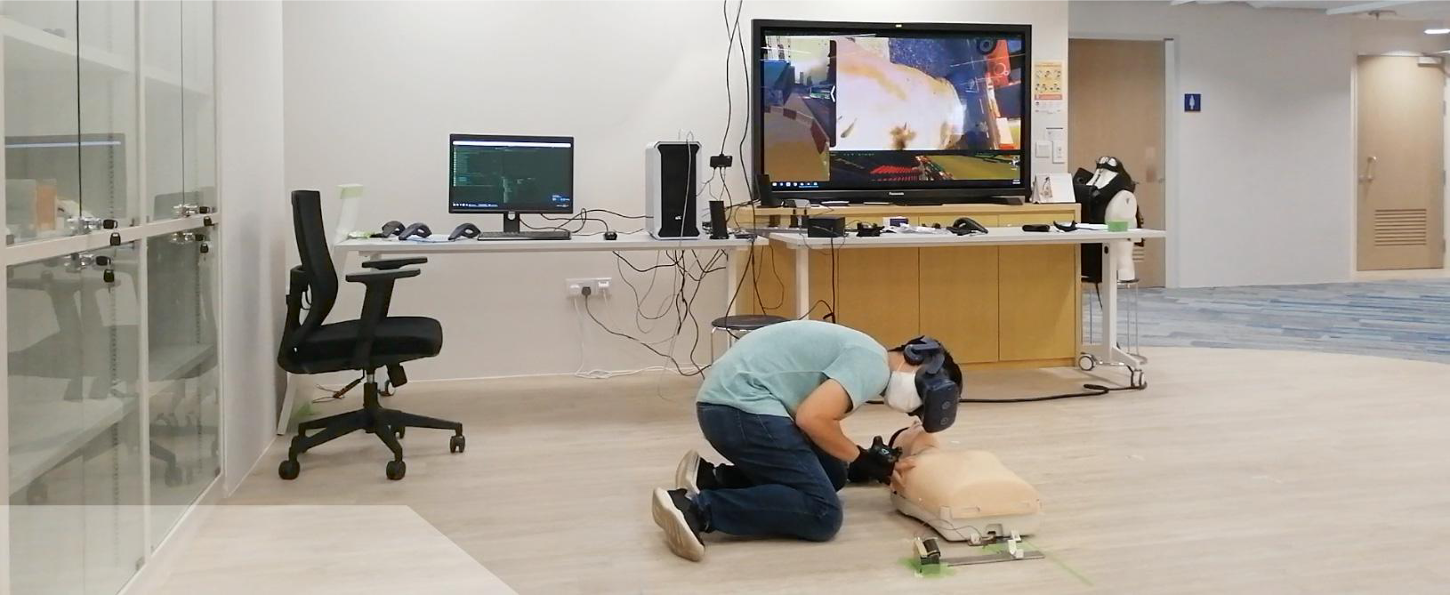
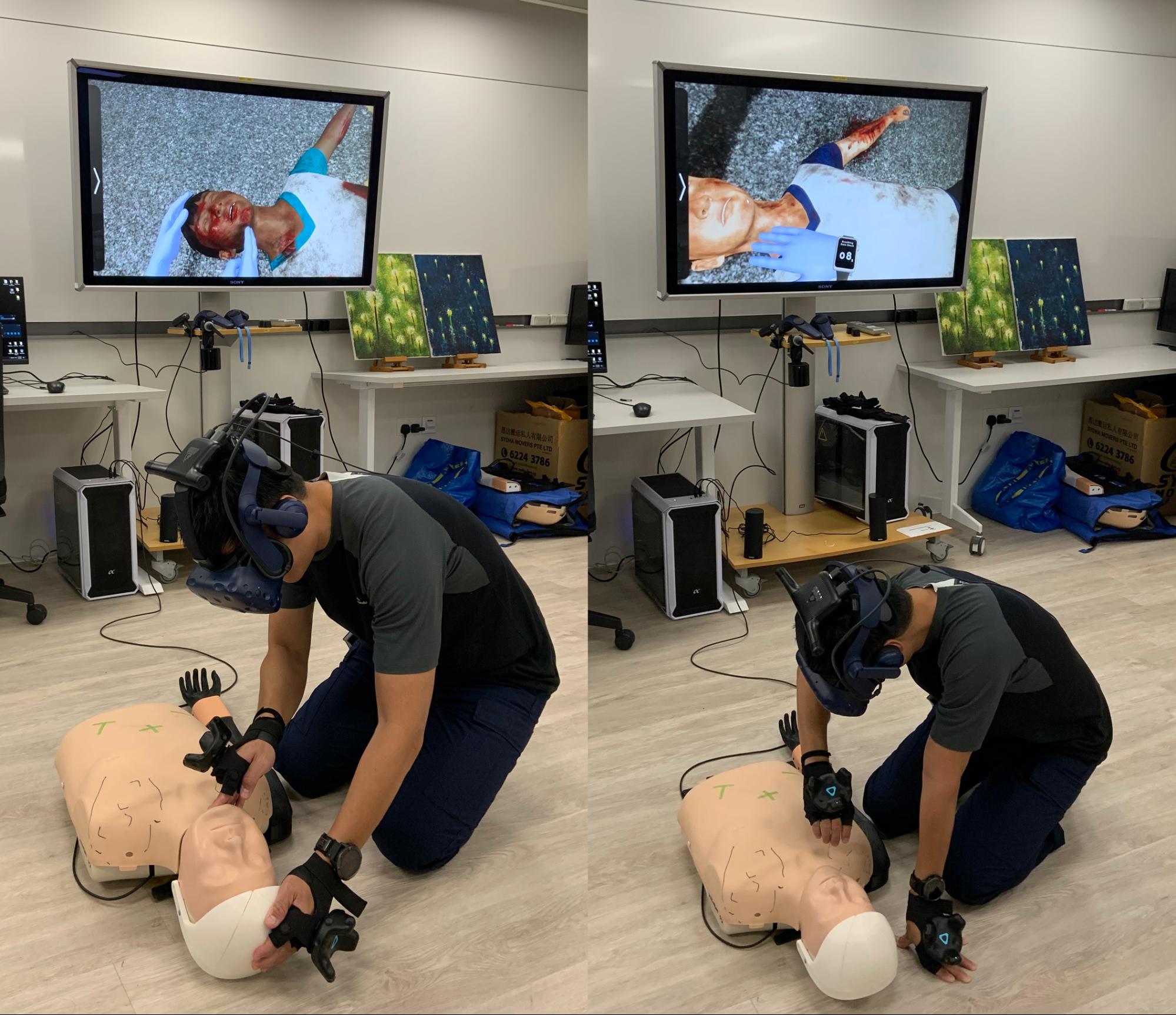
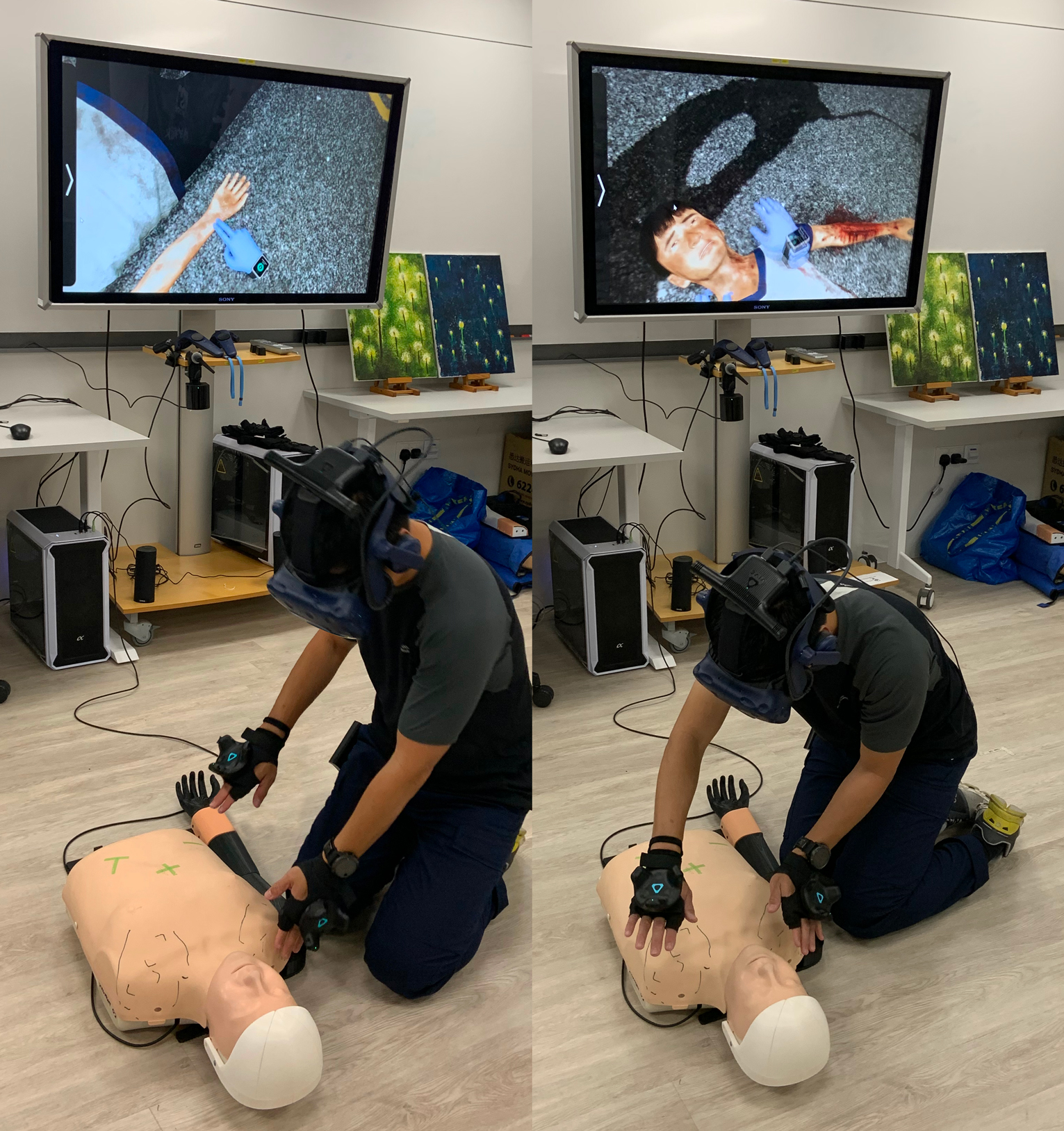
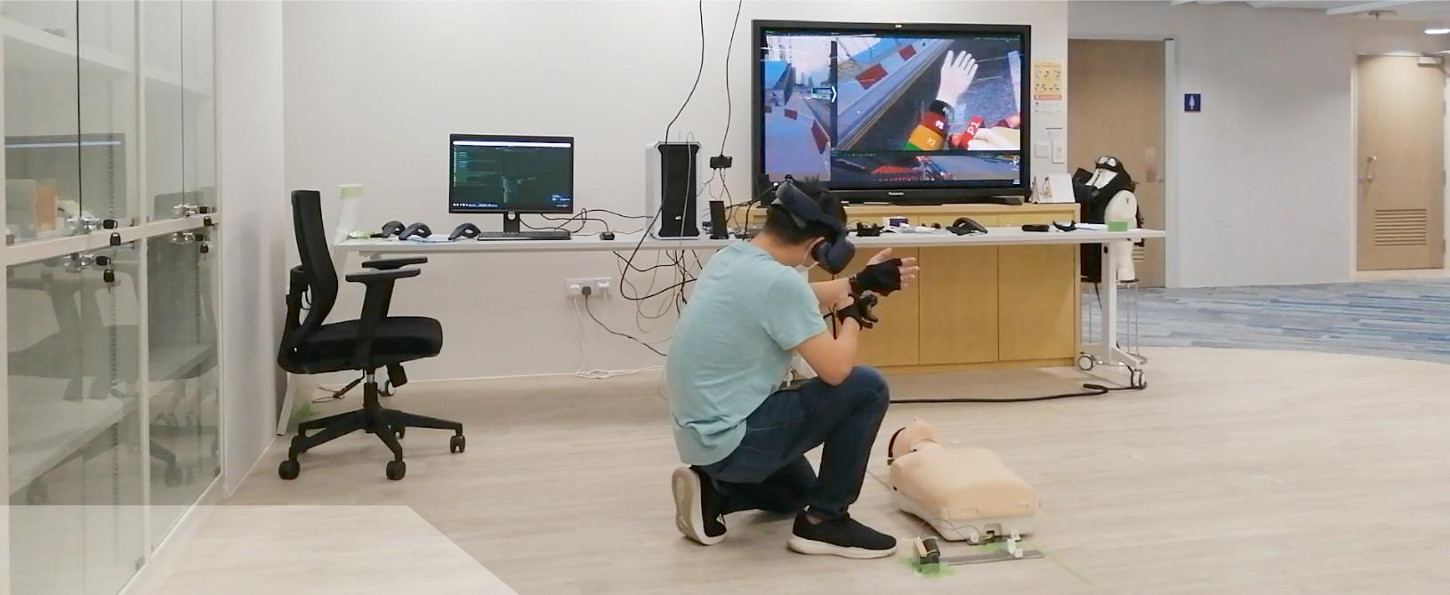
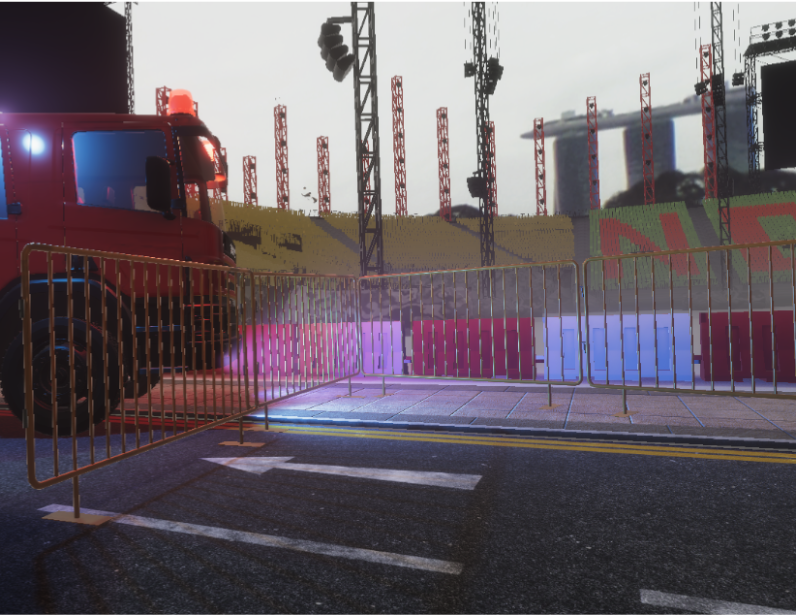
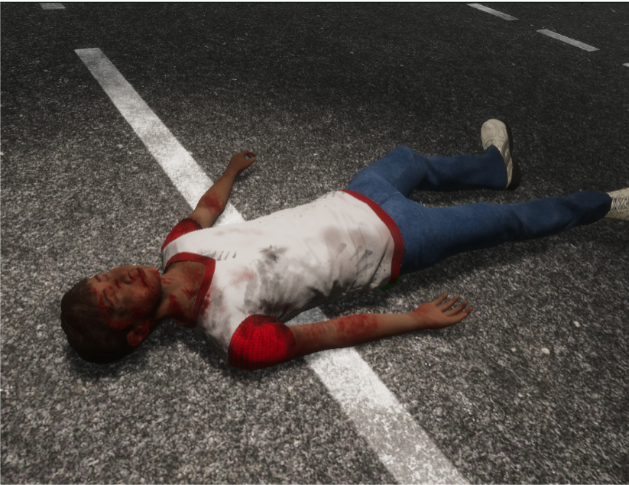
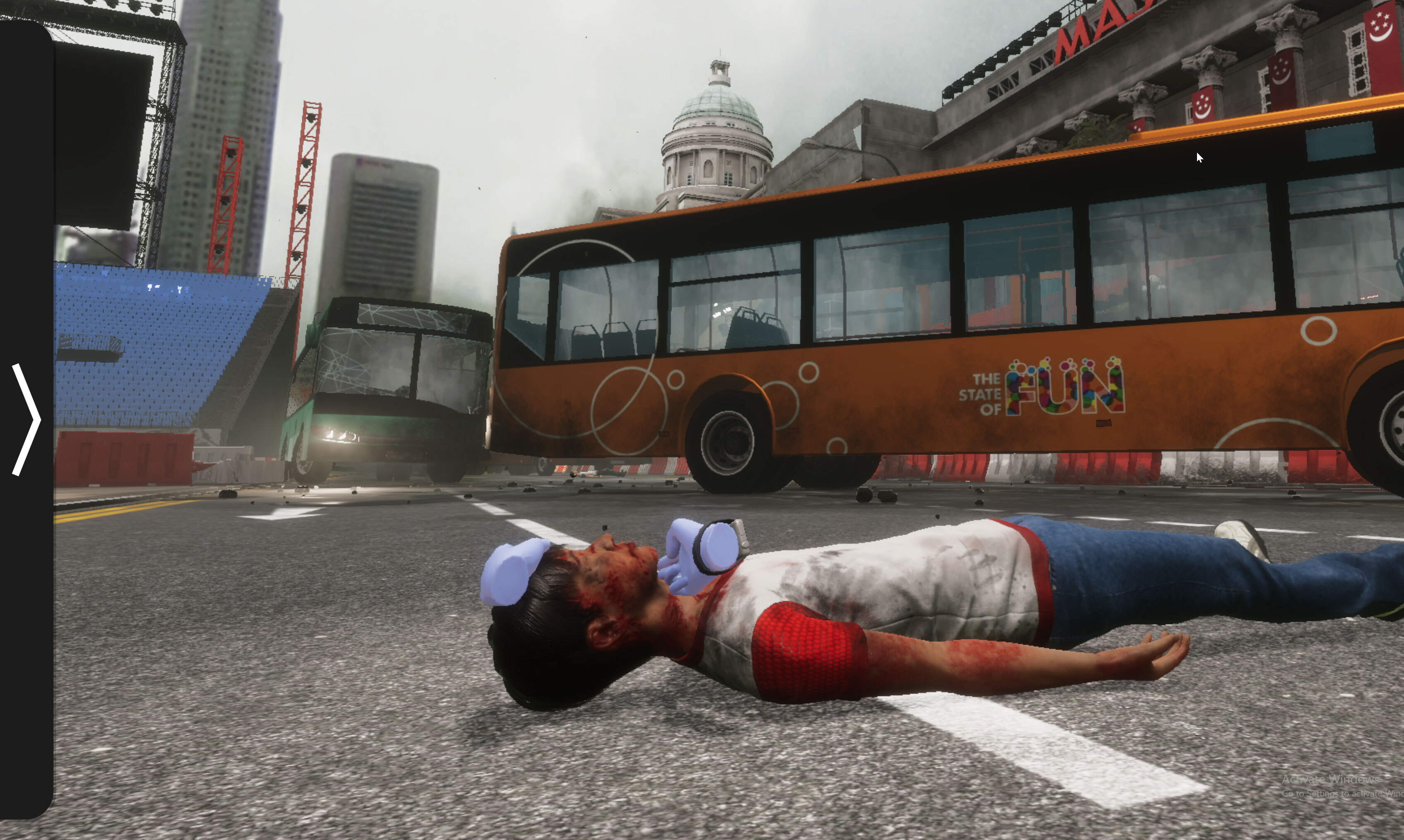
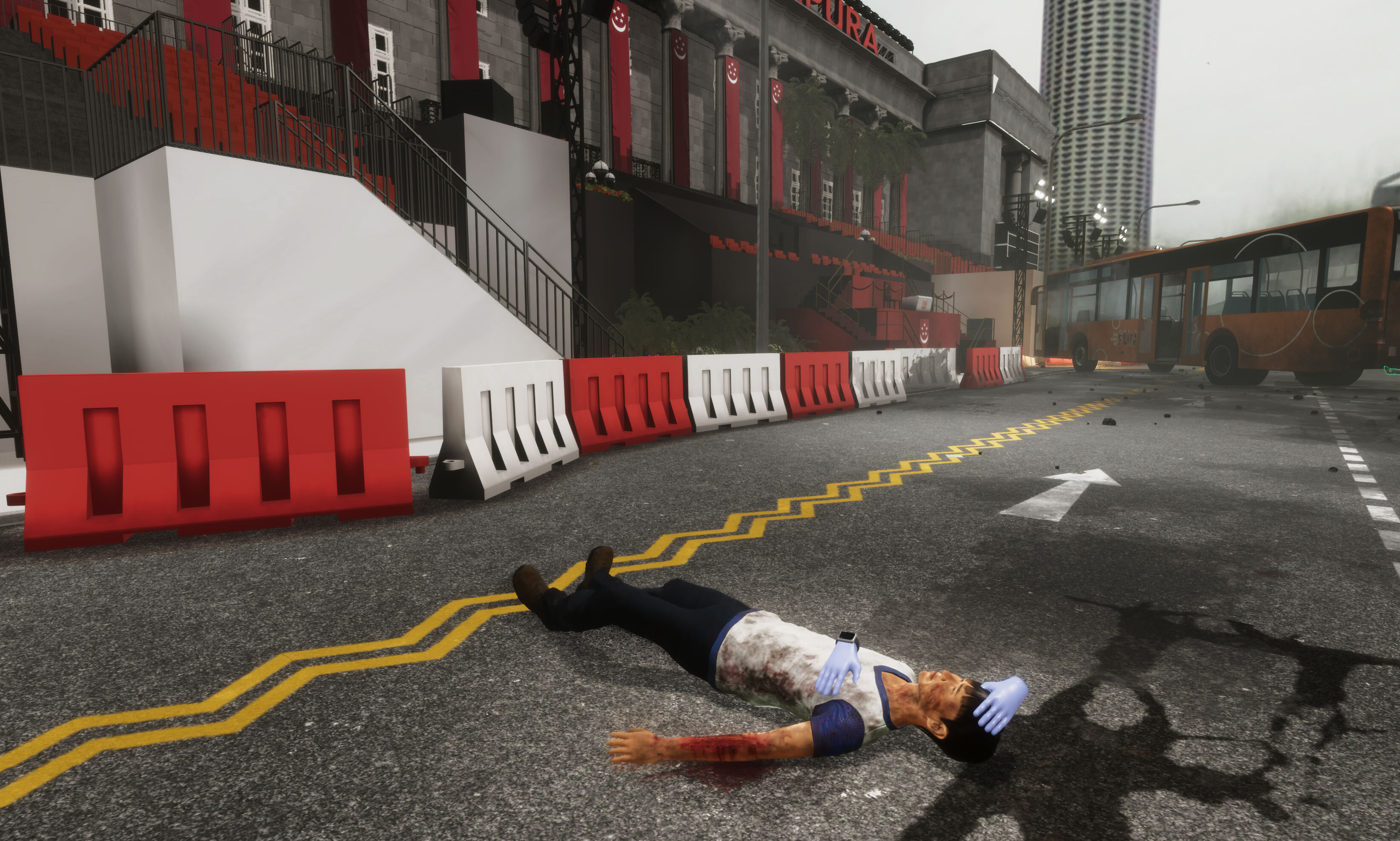
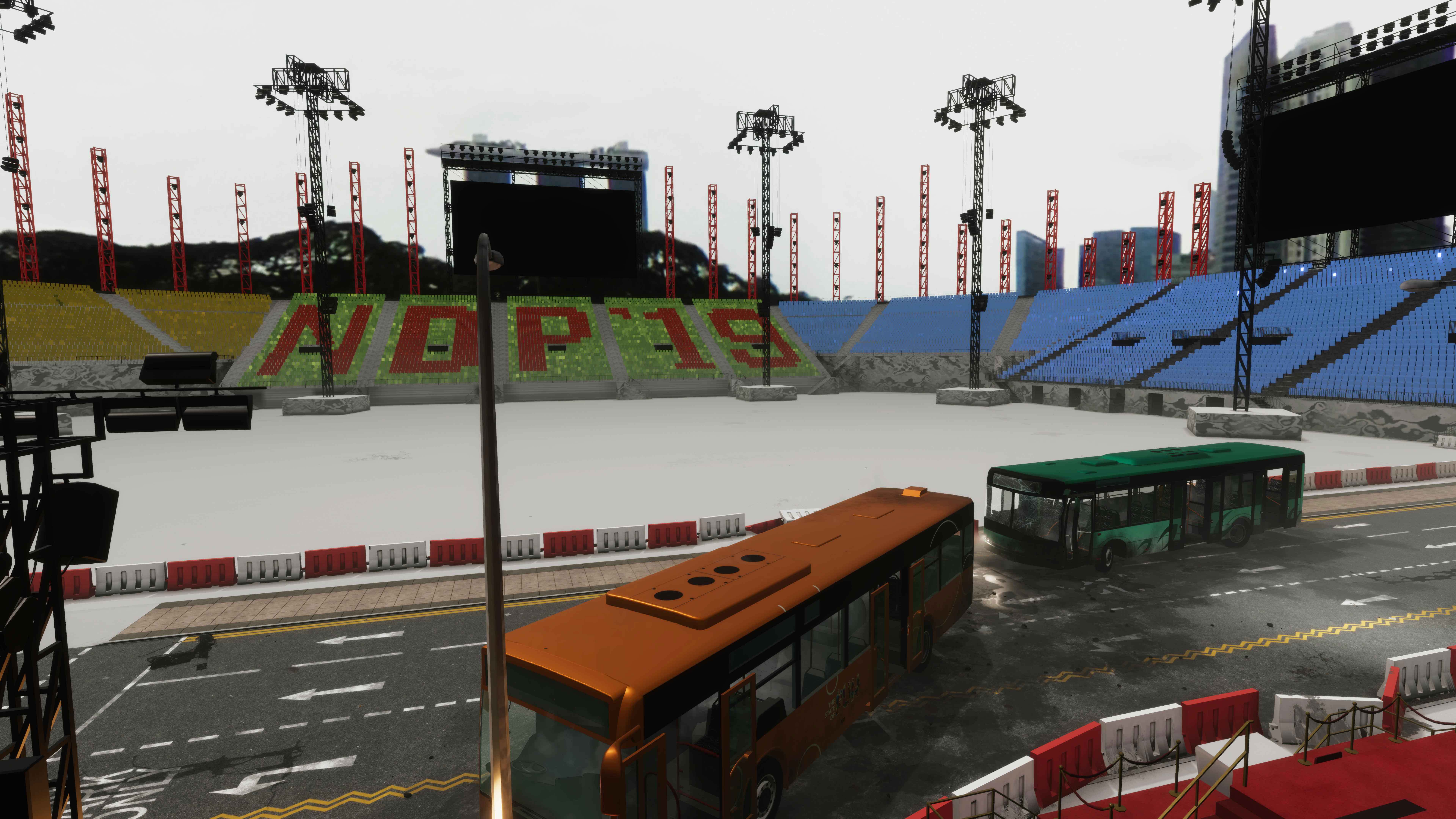
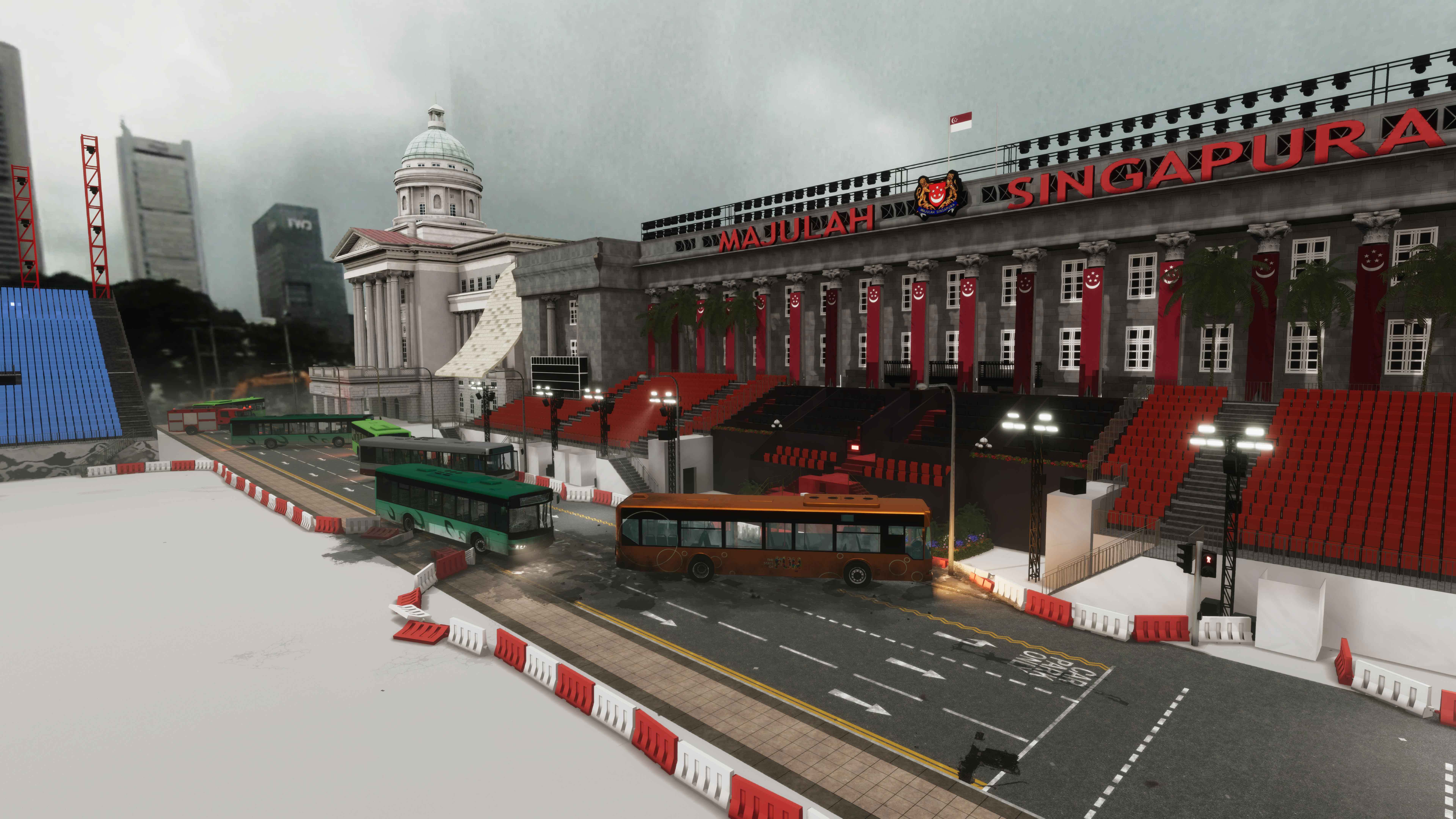
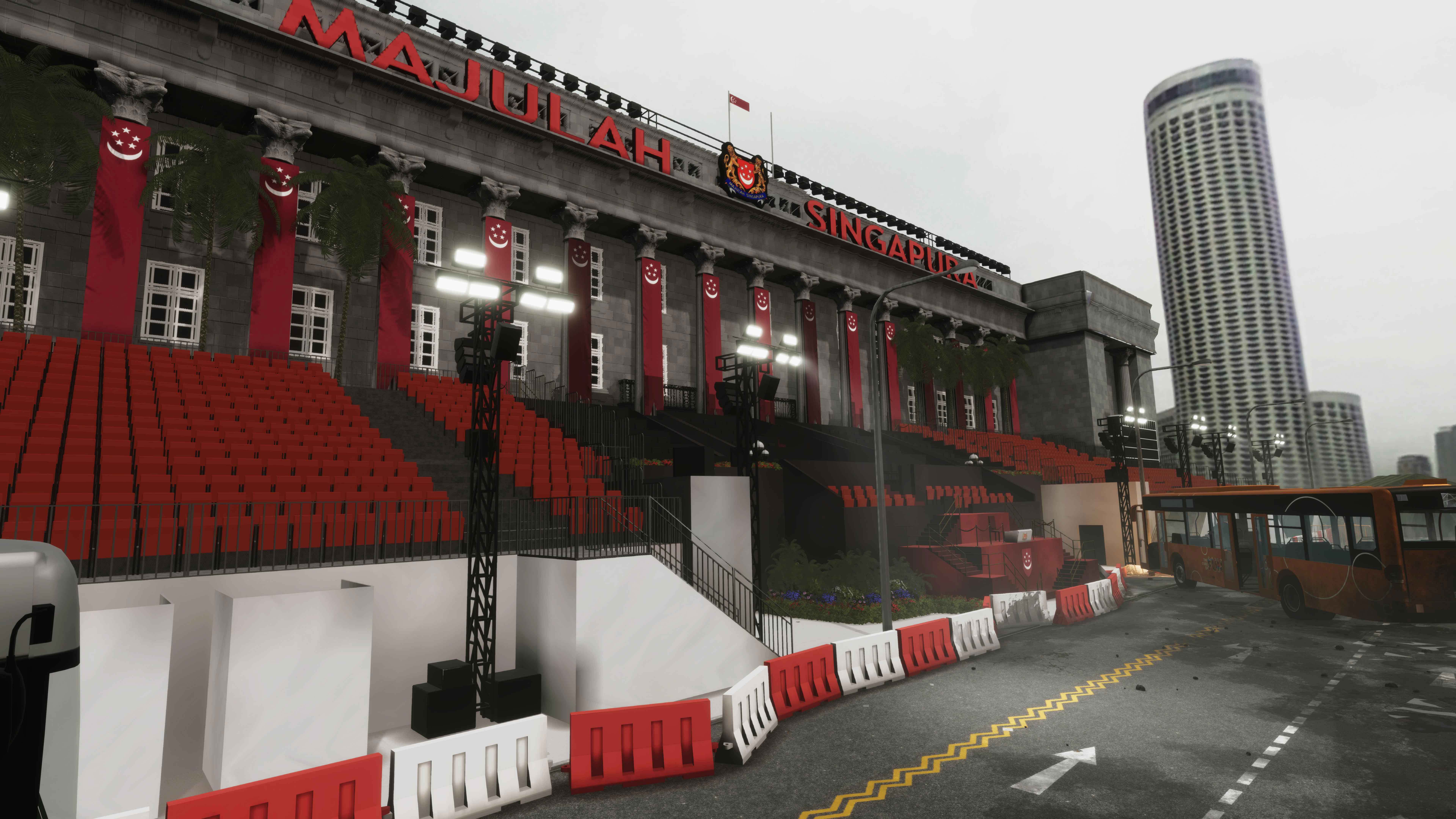
Project Contact
Yen Ching-Chiuan
didyc at nus.edu.sg
Teo Chor Guan
idmtcg at nus.edu.sg
Team Members
Teo Chor Guan
Low Chin Hong
Chng Choon Ern
Chuah Chong Yunn
Lin Junyong, Marcus
Sim Yong Jie
Grace Lim Yong Gee
Kamarudin Affirudin
Lee Jun Yao Francis
Tan Chee Ming
Lim Chin Han
Zheng Han John